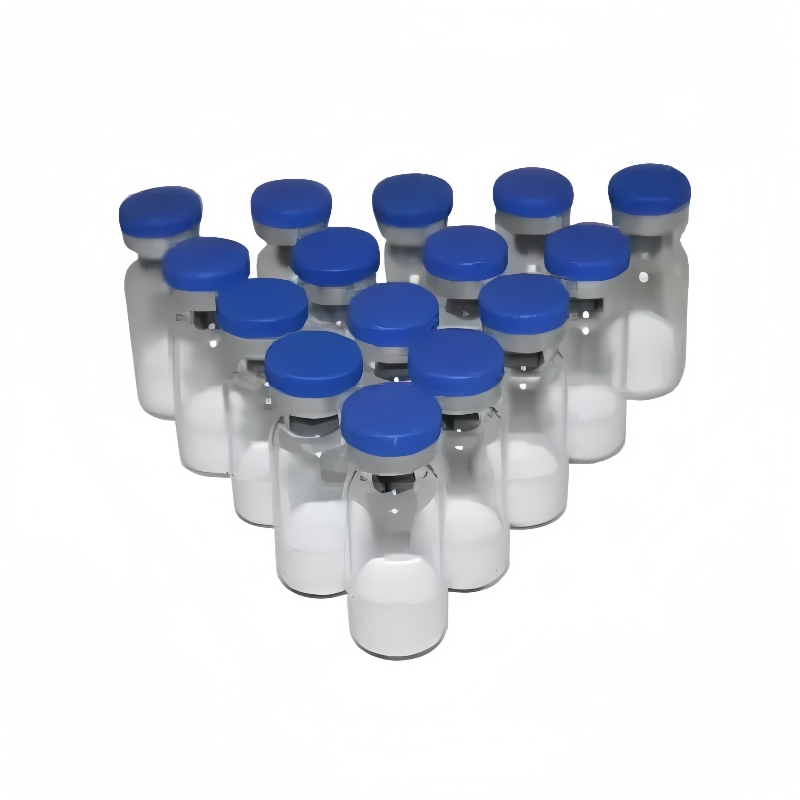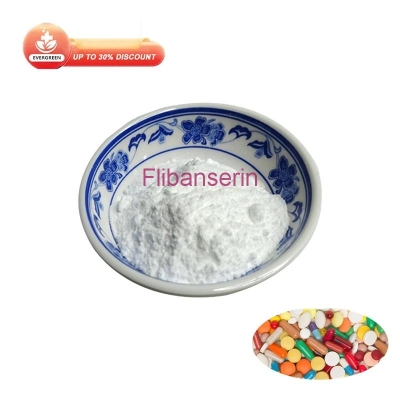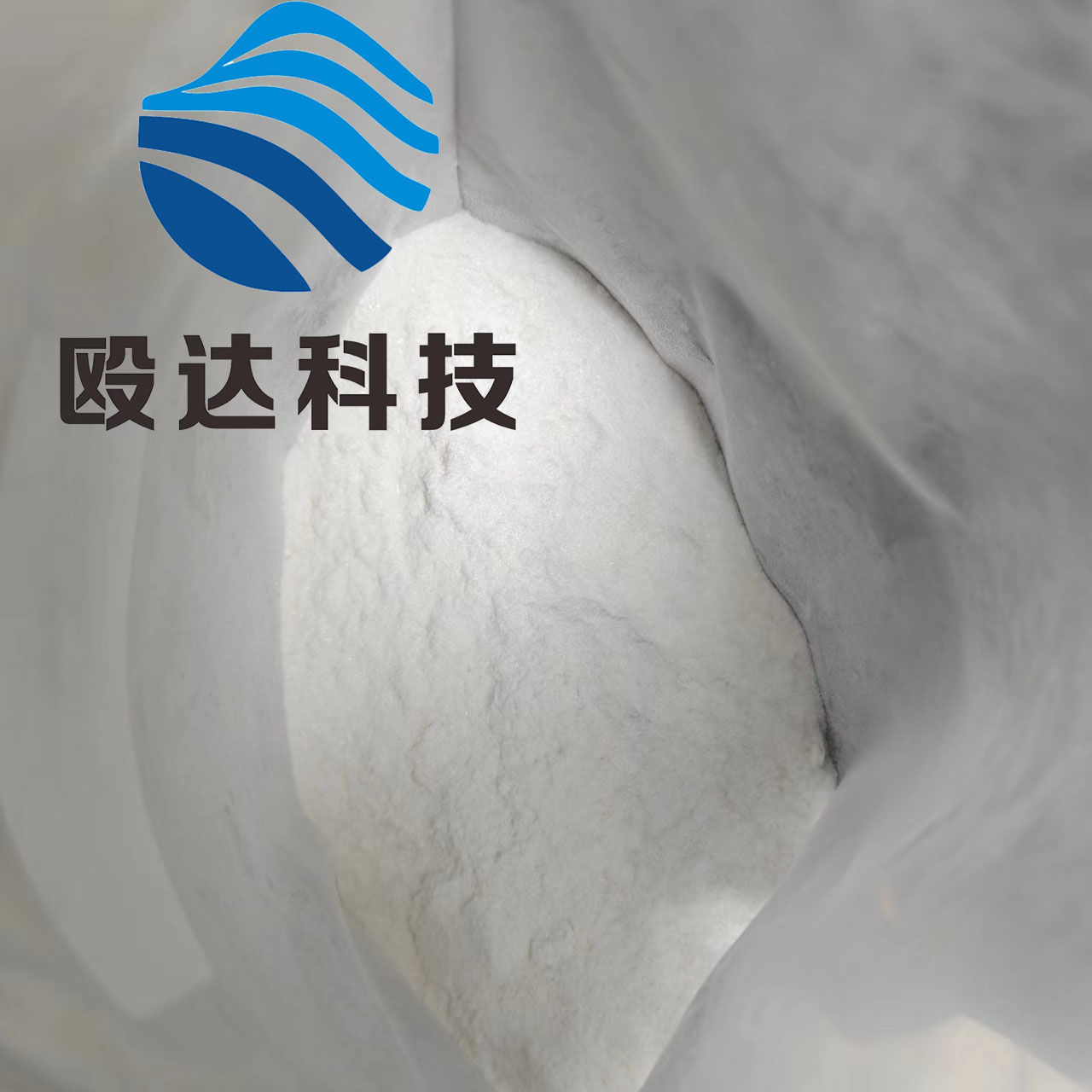-
Categories
-
Pharmaceutical Intermediates
-
Active Pharmaceutical Ingredients
-
Food Additives
- Industrial Coatings
- Agrochemicals
- Dyes and Pigments
- Surfactant
- Flavors and Fragrances
- Chemical Reagents
- Catalyst and Auxiliary
- Natural Products
- Inorganic Chemistry
-
Organic Chemistry
-
Biochemical Engineering
- Analytical Chemistry
- Cosmetic Ingredient
-
Pharmaceutical Intermediates
Promotion
ECHEMI Mall
Wholesale
Weekly Price
Exhibition
News
-
Trade Service
Observational studies have shown that changes in the normal range of thyroid function are associated with major cardiovascular risk factors, including dyslipidemia, hypertension, type 2 diabetes (T2D) and obesity.
Recently, a study published in Thyroid, a authoritative journal in the field of thyroid disease, found that because observational studies are prone to confusion, reverse causation, and selection bias, researchers used mendel randomized (MR) methods to explore whether these associations are causal. the
researchers used data from the largest genome-wide association study to perform two-sample MR analysis of normal ranges of TSH and FT4 levels, blood lipid levels, blood pressure indicators, T2D and obesity characteristics (body mass index (BMI) and waist-to-hip ratio (WHR).
increase in genetically predicted TSH levels by a standard deviation (SD) leads to an increase of 0.037 SDs (P-3.0x10-4) in total cholesterol levels.
after excluding the erythrive indicator, the researchers also observed TSH levels and LDL levels (beta-0.026 SD, P-1.9x10-3), pulse pressure (beta-- 0.477mmHg, P-7.5x10-10) and T2D risk (OR-0.95, P-2.5x10-3).
although the researchers found no evidence of a causal relationship between TSH or FT4 levels and obesity characteristics, they found that genetically predicted BMI decreased by 0.075 SDs (P-3.6x10-4) for every SD and FT4 level increased.
, changes in the normal range of thyroid function can affect serum cholesterol levels, blood pressure, and T2D risk.
.







